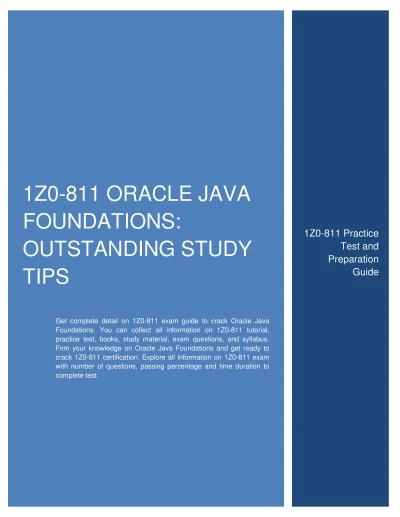PPT-Integrating CSEFEL into the Work with the Framework and Foundations
Author : olivia-moreira | Published Date : 2019-10-31
Integrating CSEFEL into the Work with the Framework and Foundations In this session Explore areas of overlap among the foundations framework and CSEFEL in Overarching
Presentation Embed Code
Download Presentation
Download Presentation The PPT/PDF document "Integrating CSEFEL into the Work with th..." is the property of its rightful owner. Permission is granted to download and print the materials on this website for personal, non-commercial use only, and to display it on your personal computer provided you do not modify the materials and that you retain all copyright notices contained in the materials. By downloading content from our website, you accept the terms of this agreement.
Integrating CSEFEL into the Work with the Framework and Foundations: Transcript
Download Rules Of Document
"Integrating CSEFEL into the Work with the Framework and Foundations"The content belongs to its owner. You may download and print it for personal use, without modification, and keep all copyright notices. By downloading, you agree to these terms.
Related Documents














